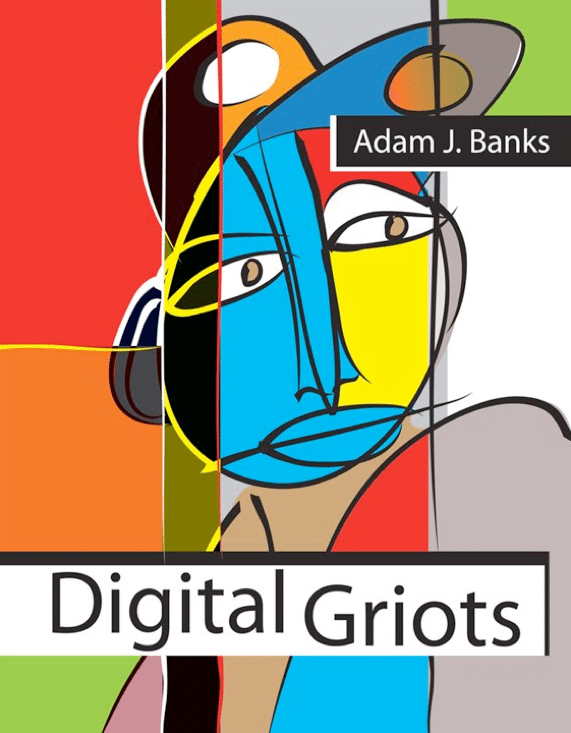At the University of South Carolina Upstate, Dr. Cassandra Jones teaches a course called Technology and the Black Imagination, which examines the history of African-American technological engagement and how African-Americans have considered the role of technology through music and literature. Partly inspired by reading Adam Banks’ book on African-American rhetoric, Digital Griots: African American Rhetoric in a Multimedia Age, Dr. Jones was “taken with this idea of storytellers who carry the stories of our past and connect them with a vision of a techno-future, particularly the notion of the DJ as a historian who re-mixes history, scratching and sampling, adding new voices to disrupt the overarching narrative of American history.” She wanted to look at the ways Africans and African-Americans have been present at every stage of technological development, and how these histories are frequently overlooked. She particularly wanted to combat ideas about Blackness as anti-technological and Africa as a primitive place devoid of technology. In her research she learned about the Ishango bone, one of the earliest examples of mathematics ever found; a letter from Cotton Mather talking about how a slave of his, Onesimus, told him about a technique used in Africa to prevent the contraction of smallpox, what is essentially now referred to as inoculation; and about how West Africans had pioneered innovative rice cultivation techniques that made their labor desirable. Dr. Jones, like many of us, had never been taught these facts in grade school.
In Dr. Jones’ course, students discuss different perspectives on technology in African-American history, ranging from the utopian in Booker T. Washington’s thoughts about industrial education as the key to racial uplift, to the dystopian notion that technology will surely solve the “Negro problem,” but in doing so will destroy Blackness that George S. Schuyler explores in Black No More. The class also looks at more contemporary texts that think about “how technology changes us, makes us more fluid and mobile, changeable, but also insists on maintaining a connection to history and a commitment to political activism.” Dr. Jones says that this is what Adam Banks’ “digital griot,” John Akomfrah’s “data thief,” Anna Everett’s “cyberflaneur,” and Paul D. Miller aka DJ Spooky’s “rhythm science” all have in common — each challenge Blackness as anti-technological and confront the notion of the digital divide. Her course curriculum showcases the contributions of Black technological engagement as inventors, early adopters and innovators in the area of technology, but she also sought to incorporate the more artistic side of our history. “I wanted to think about how Afrofuturist music and literature reflected some of the attitudes about technology in both African-American culture and larger American culture,” Dr. Jones stated.


